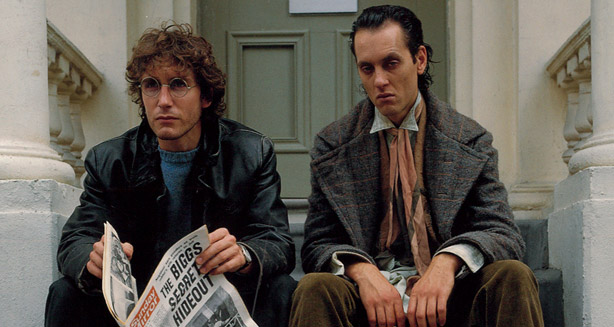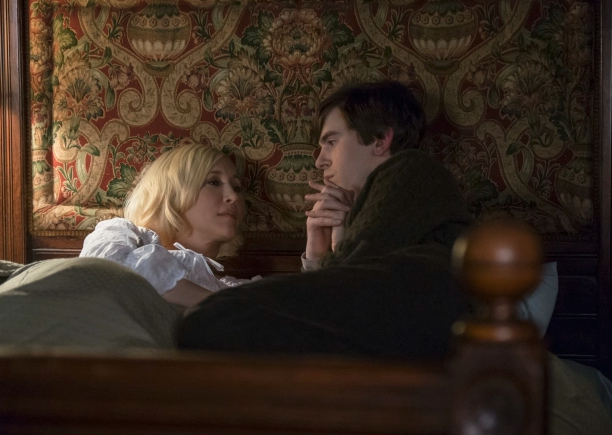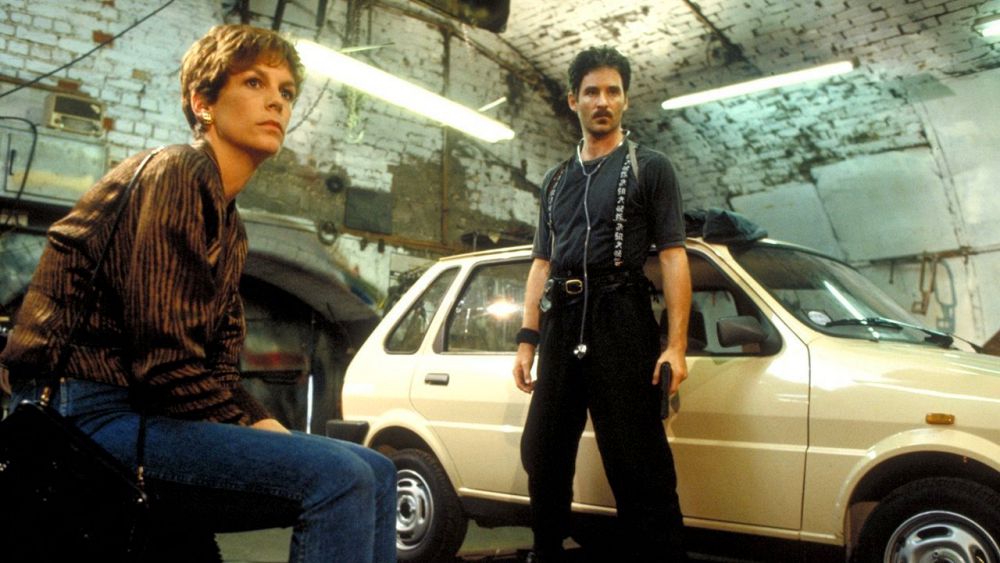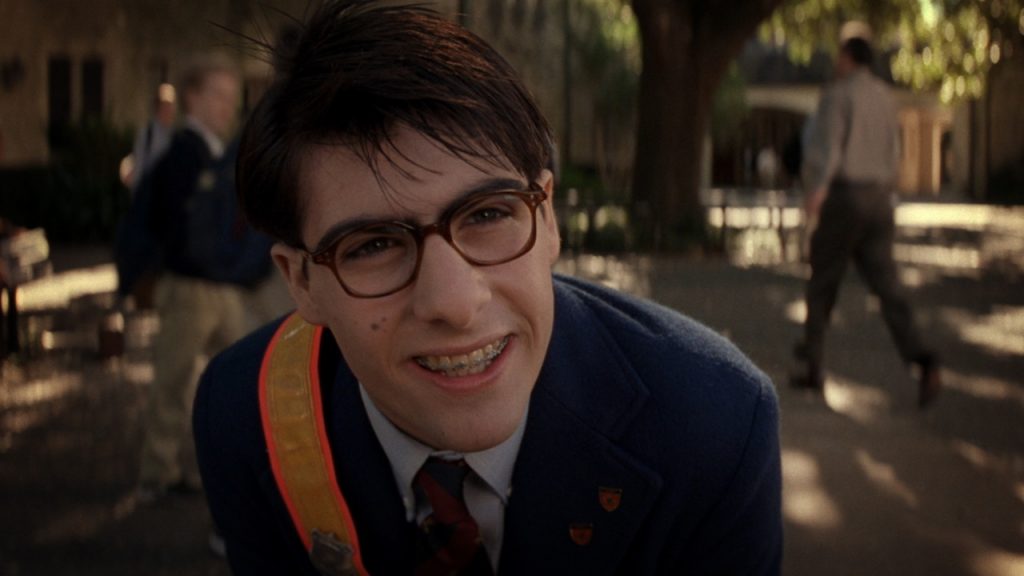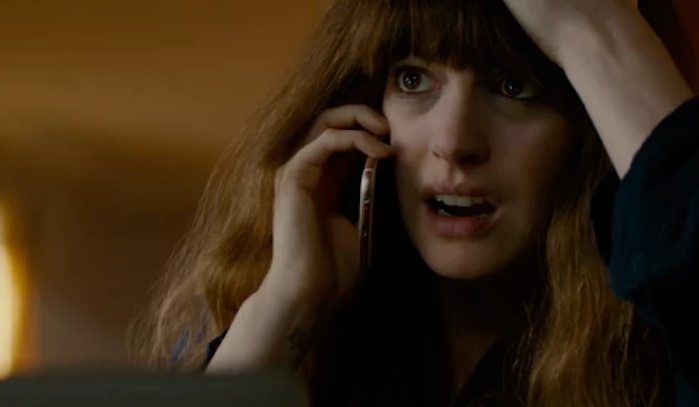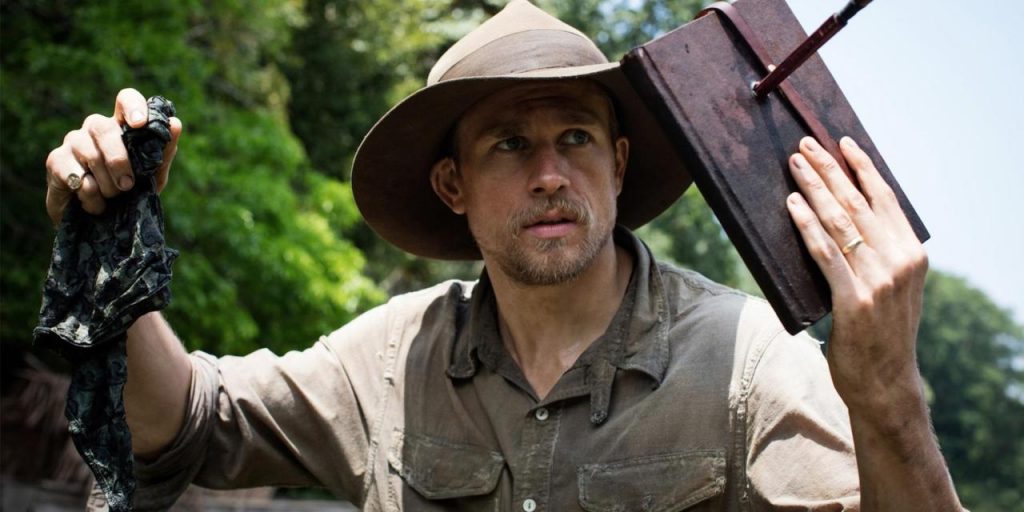The Finest, by Bob Connally
21 May
“We want the finest wines available to humanity! We want them here and we want them now!” I had that put on a t-shirt at a specialty store once. It’s a quote that only a relatively small number of people will recognize (certainly in the United States). But I had to get it because it’s the definitive quote from one of the most quotable movies of all-time, Bruce Robinson’s cult comedy classic Withnail & I. It now comes in at number 7 on my list but at that time Robinson’s essentially autobiographical look back at 1969 Britain was my favorite movie. So why would a film about two out of work actors living in squalor and living to get drunk and high in late ‘60s London resonate with me so much? I don’t drink much- and not at all when I first saw it at age 20- I don’t take drugs, I’ve never been an out of work actor, and I’ve never been British in the ‘60s. Or in any other decade now that I think of it. But from the first time I saw it, Withnail & I spoke to me in a way few films ever have. I came for the quotes but I came away with so much more.

